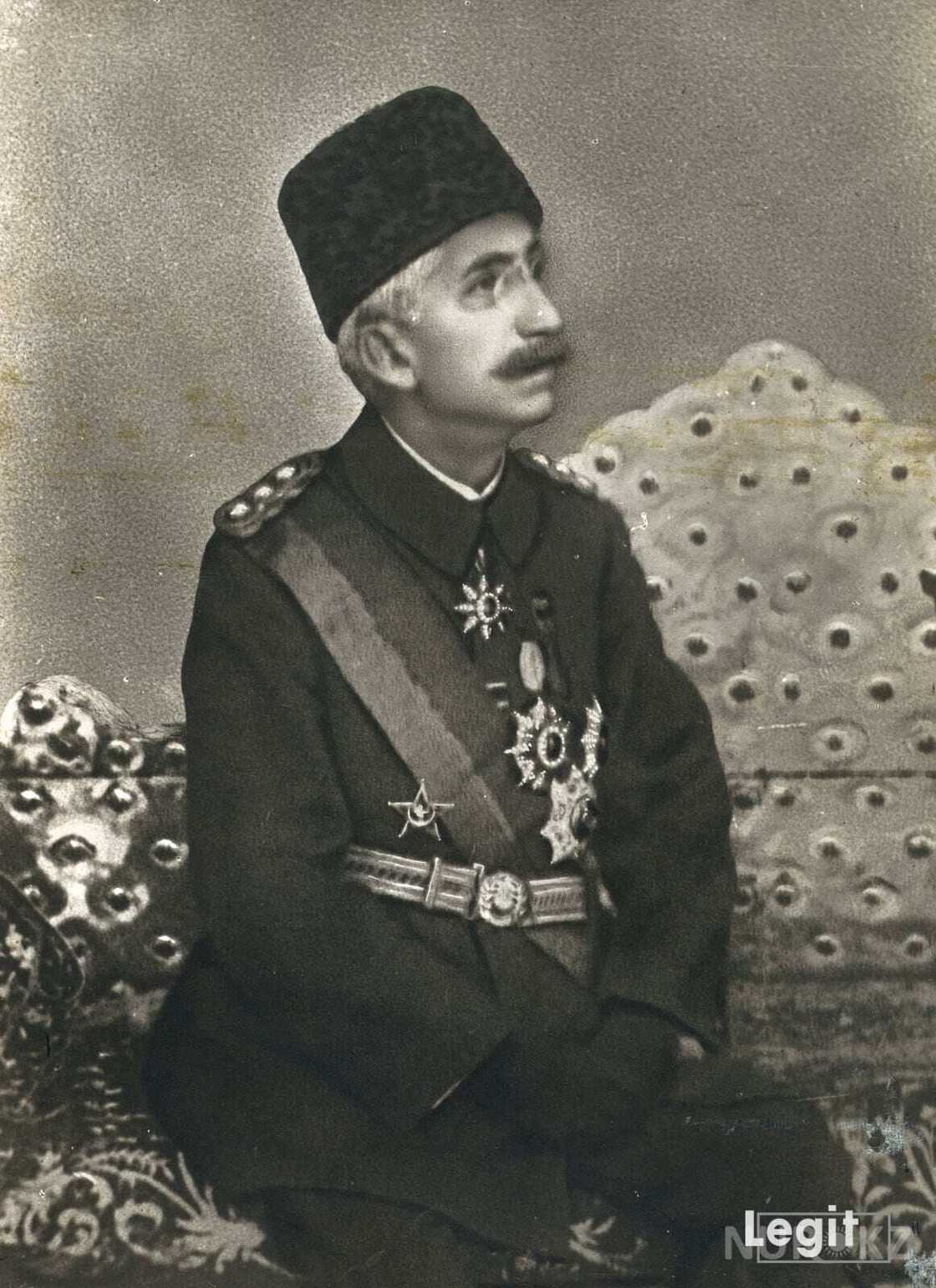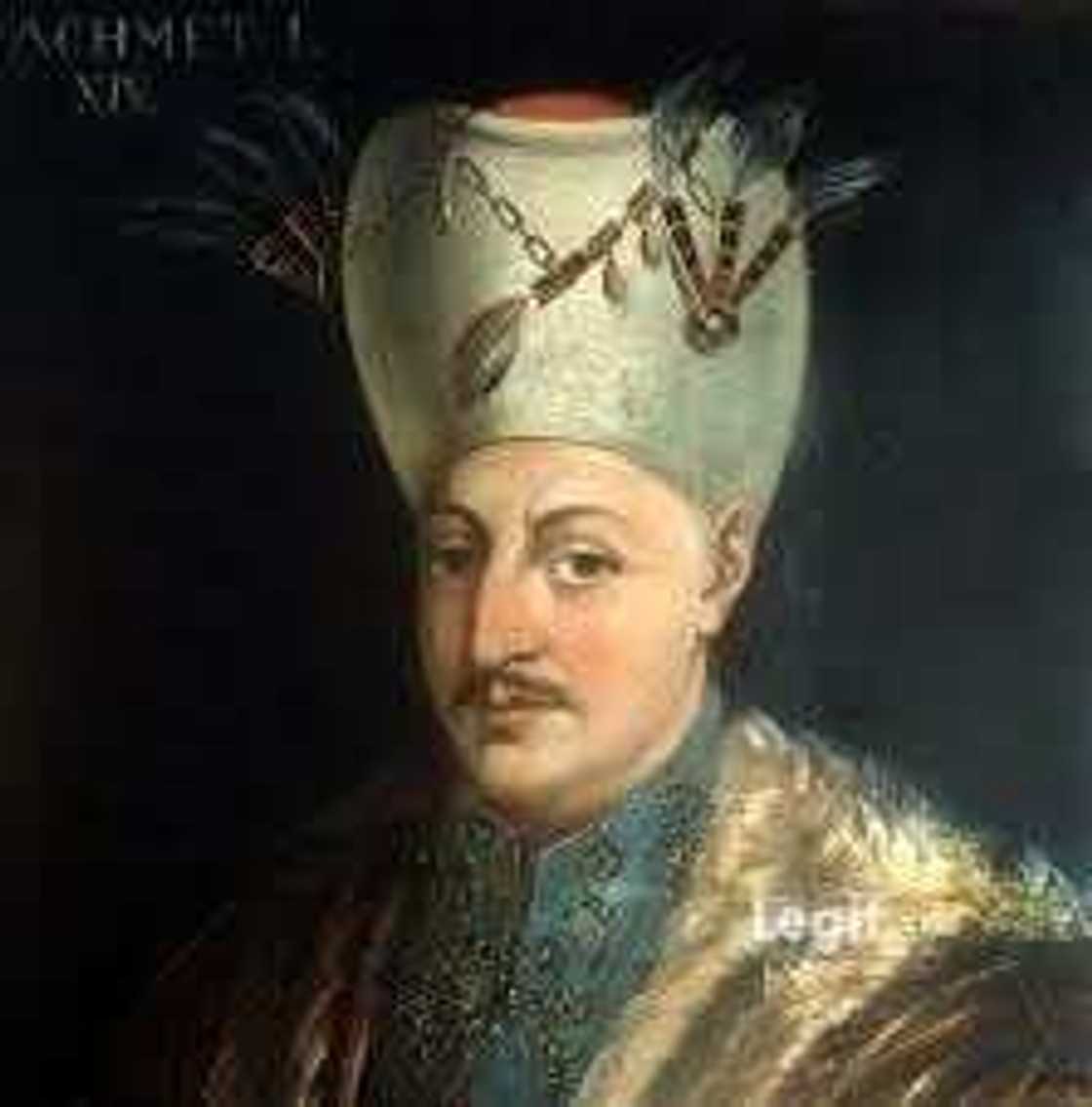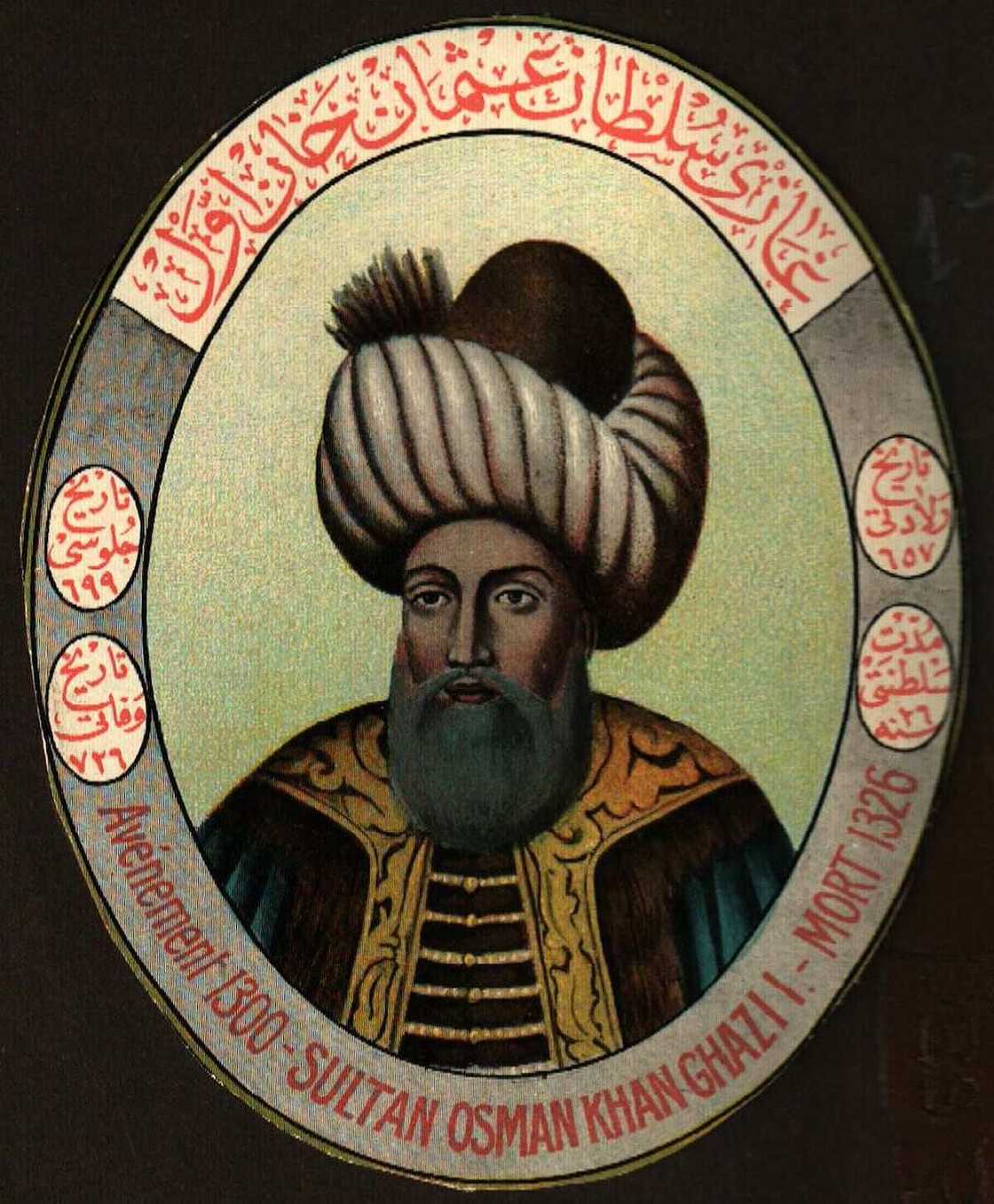Key differences or Key takeways, provide in informative table format
Transition to main article topics

Sultans And Officials Of The Ottoman Empire - Source www.joseflebovicgallery.com
FAQ
This section addresses frequently asked questions about "The Illustrious Sultans of the Ottoman Empire: A Comprehensive Guide to Their Reign" to provide readers with a deeper understanding of the book's content and perspective.
Question 1: Does the book cover the entire history of the Ottoman Empire?
The book primarily focuses on the reign of each individual sultan, providing insights into their political strategies, military campaigns, and contributions to the empire's development. However, it does provide a brief overview of the empire's founding and eventual decline to contextualize the sultans' reigns.
Question 2: How does the book approach the controversial aspects of Ottoman history, such as the treatment of non-Muslims?
The book presents a balanced and objective account of the Ottoman Empire, acknowledging both its achievements and its shortcomings. It discusses the complex religious policies implemented by different sultans, including tolerance and persecution, and analyzes their impact on the empire's diverse population.
Question 3: What are the sources used for the information in the book?
The book relies on a wide range of primary and secondary sources, including Ottoman chronicles, diplomatic records, travel accounts, and modern scholarship. The authors have meticulously cross-referenced and evaluated these sources to ensure the accuracy and reliability of the information presented.
Question 4: Does the book provide detailed biographies of each sultan?
Each sultan is given a dedicated chapter that delves into their personal life, family background, accession to the throne, and key events during their reign. These biographies offer a comprehensive understanding of the sultans' individual personalities, motivations, and impact on the empire's trajectory.
Question 5: Is the book intended for a specific audience?
The book is accessible to a wide range of readers, from casual history enthusiasts to advanced scholars. It avoids overly technical language and provides clear explanations of complex historical concepts. However, its comprehensive coverage and analysis make it particularly valuable for those with a deeper interest in Ottoman history.
Question 6: What makes this book unique compared to other works on the Ottoman Empire?
The book's comprehensive and up-to-date approach sets it apart from many existing works. It incorporates the latest research and interpretations, offering a nuanced and thoroughly researched account of the Ottoman Empire's illustrious sultans and their profound impact on world history.
In conclusion, "The Illustrious Sultans of the Ottoman Empire: A Comprehensive Guide to Their Reign" provides a comprehensive and engaging exploration of the Ottoman Empire, offering valuable insights into the individual sultans and their collective legacy.
Tips

Ottoman Sultans after Suleiman: a comprehensive list - Legit.ng - Source www.legit.ng
Delve into the captivating history of the Ottoman Empire through The Illustrious Sultans Of The Ottoman Empire: A Comprehensive Guide To Their Reign and glean valuable tips on the subject.
Tip 1: Understand the Dynasty's Historical Context
Comprehend the political, social, and economic backdrop of the Ottoman Empire. Understand the factors that led to its rise and eventual decline. Study the influence of key events and individuals on the dynasty's trajectory.
Tip 2: Explore the Lives of Individual Sultans
Familiarize yourself with the personal journeys of the Ottoman rulers. Examine their personalities, ambitions, and accomplishments. Learn about their relationships with advisors, family members, and rivals. Uncover the human side of the empire's history.
Tip 3: Analyze Ottoman Military and Administrative Structures
Study the structure and organization of the Ottoman military and administrative systems. Comprehend the strategies and tactics that enabled the empire's vast conquests. Examine the role of bureaucracy in maintaining the empire's stability.
Tip 4: Dive into the Cultural Legacy of the Empire
Discover the rich tapestry of Ottoman art, architecture, literature, and music. Trace the empire's influence on the development of the region's cultural heritage. Explore the fusion of diverse traditions that shaped Ottoman civilization.
Tip 5: Explore Controversies and Historical Debates
Examine the ongoing historiographical debates and controversies surrounding the Ottoman Empire. Engage with different perspectives and interpretations. Form your own informed opinions based on evidence and critical analysis.
Summary: Delving into these tips empowers individuals to cultivate a thorough understanding of the Ottoman Empire. By grasping the historical context, exploring the individual sultans, analyzing key structures, appreciating the cultural legacy, and engaging with historical debates, readers can gain a nuanced and comprehensive perspective on this influential historical era.
The Illustrious Sultans Of The Ottoman Empire: A Comprehensive Guide To Their Reign
The Ottoman Empire, an expansive and influential empire that spanned over six centuries, was shaped by the leadership and vision of its illustrious sultans. This guide provides a comprehensive overview of their reign, exploring the key aspects that defined their rule.

EMPIRE OF THE SULTANS: OTTOMAN ART FROM THE KHALILI COLLECTION by - Source www.abebooks.com
- Military Prowess: The sultans were renowned for their military prowess, leading the empire to vast territorial gains.
- Administrative Skills: They established an efficient administrative system, ensuring stability and prosperity within the empire.
- Religious Tolerance: The sultans generally practiced religious tolerance, fostering a diverse and cosmopolitan society.
- Cultural Patronage: They were patrons of the arts, promoting the development of Islamic architecture, literature, and music.
- Political Maneuvering: They engaged in skillful political maneuvering, maintaining alliances and expanding their influence.
- Legacy of Empire: Their reign left a lasting legacy, shaping the political, cultural, and economic landscape of the Middle East.
These key aspects underscore the multi-faceted nature of the Ottoman sultans' reign. Their military leadership, administrative skills, religious tolerance, cultural patronage, political acumen, and the enduring legacy they left behind all contributed to the empire's remarkable success and impact.

Ottoman Sultans after Suleiman: a comprehensive list - Legit.ng - Source www.legit.ng
The Illustrious Sultans Of The Ottoman Empire: A Comprehensive Guide To Their Reign
The "Illustrious Sultans Of The Ottoman Empire: A Comprehensive Guide To Their Reign" is an in-depth exploration of the Ottoman Empire's history through the reigns of its sultans.

Ottoman Sultans after Suleiman: a comprehensive list - Legit.ng - Source www.legit.ng
It provides a comprehensive overview of the empire's rise, expansion, and eventual decline, offering detailed information on each sultan's reign, their accomplishments, and their impact on the empire's development. The book is a valuable resource for anyone interested in the history of the Ottoman Empire.
One of the most important aspects of the book is its focus on the individual sultans themselves. The author provides detailed biographical information on each sultan, including their birth, death, family life, and accomplishments. This information helps to bring the sultans to life and provides a deeper understanding of their motivations and actions.
The book also provides a detailed analysis of the political, economic, and social changes that took place during the Ottoman Empire's history. The author examines the empire's relations with other countries, its economic policies, and its social structure. This information provides a context for the reigns of the sultans and helps to explain the challenges and opportunities they faced.
Overall, "The Illustrious Sultans Of The Ottoman Empire: A Comprehensive Guide To Their Reign" is a valuable resource that provides a comprehensive overview of the Ottoman Empire's history. The book is well-written and well-researched, and it offers a wealth of information on the sultans, the empire, and its history.
Table of Contents
- Introduction
- The Rise of the Ottoman Empire
- The Golden Age of the Ottoman Empire
- The Decline of the Ottoman Empire
- The Sultans of the Ottoman Empire
- The Ottoman Empire and the World
- Conclusion
Conclusion
The Ottoman Empire was one of the most powerful and influential empires in history. It lasted for over 600 years and ruled over a vast territory that included parts of Europe, Asia, and Africa. The empire was founded by Osman I in 1299 and reached its peak under Suleiman the Magnificent in the 16th century. The empire declined in the 18th and 19th centuries, and was finally dissolved in 1922.
The Ottoman Empire was a complex and diverse society. It was home to a variety of ethnic and religious groups, and its culture was a blend of Turkish, Islamic, and European influences. The empire was also a major center of trade and commerce, and its cities were among the most important in the world.
The Ottoman Empire played a significant role in world history. It was a major power in the Mediterranean and the Balkans, and it was also a major player in the global trade network. The empire also had a profound impact on the development of Islam, and its architecture, art, and literature are still admired today.



